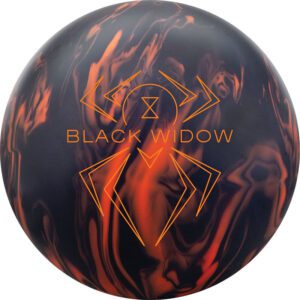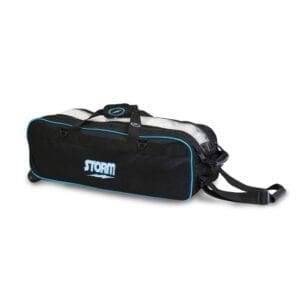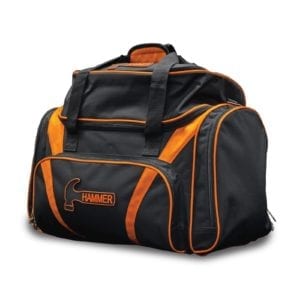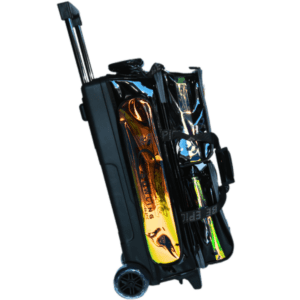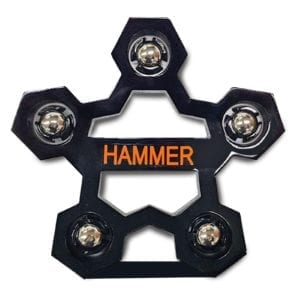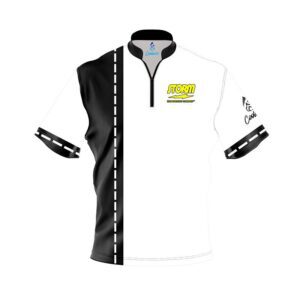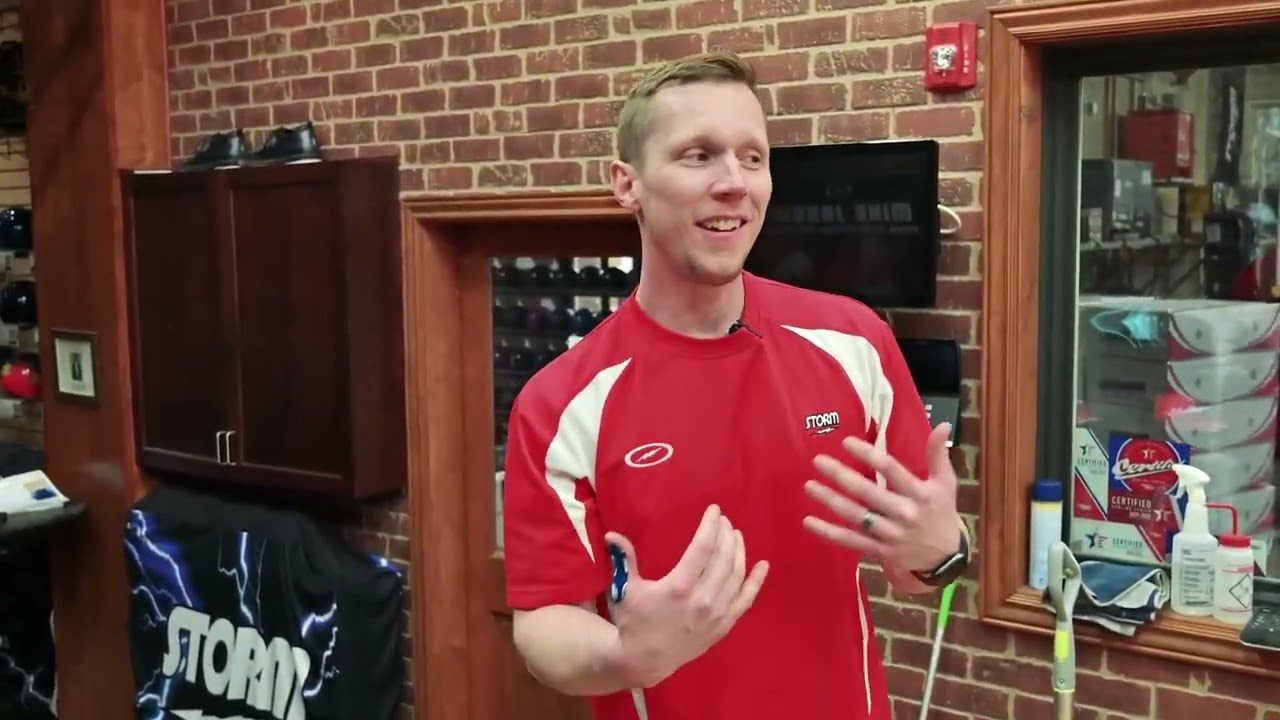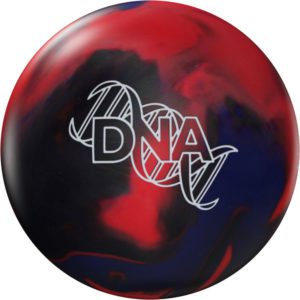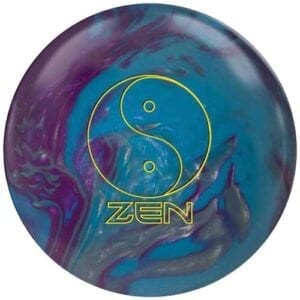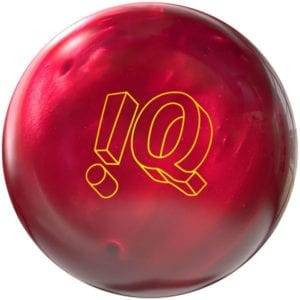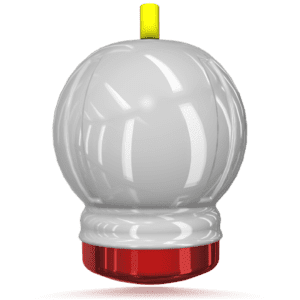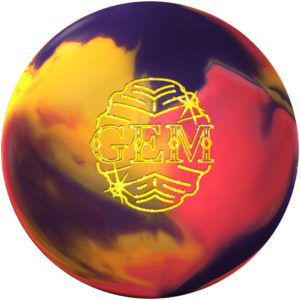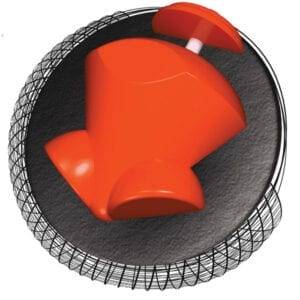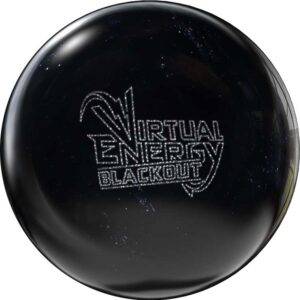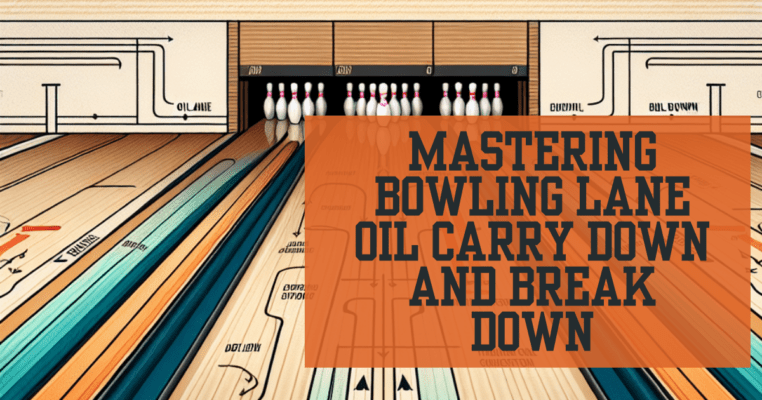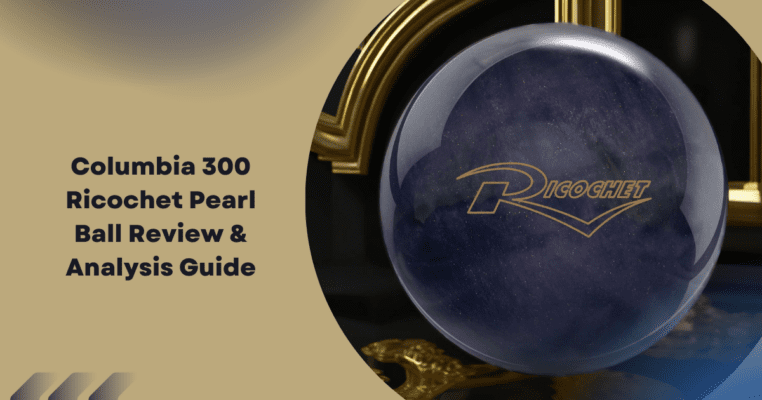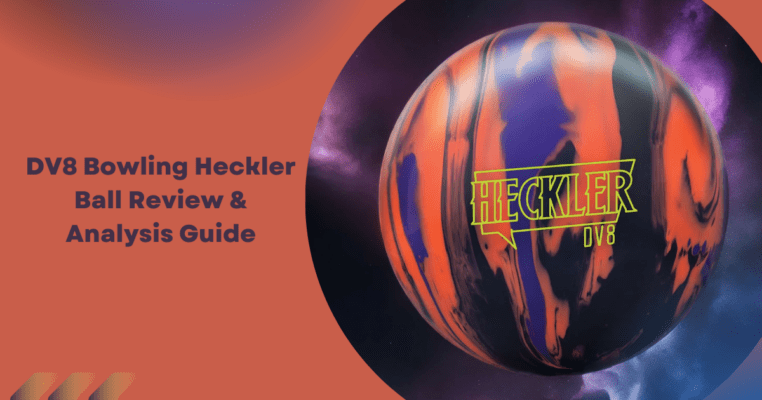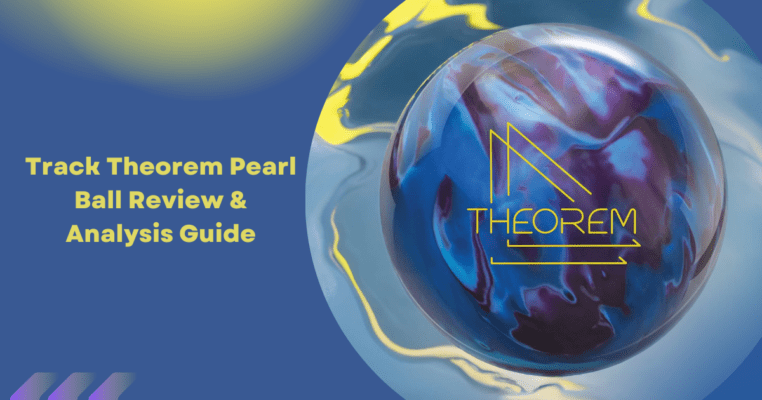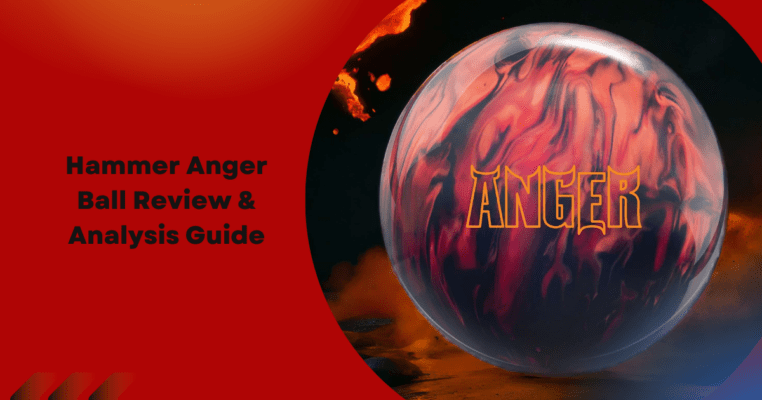Bowling Ball Videos, Storm Bowling Ball Videos
Storm DNA Bowling Ball Xplained With Technical Director Chad McLean
Storm DNA Bowling Ball
You may have already seen how a bowling ball is made. We start from the innermost part, the weight block, and work our way out. In this case, it’s the inventive Supercoil weight block. The intent was to develop a super low RG shape with a greater undrilled intermediate differential. Traditionally, weight blocks with more of the mass placed around the equator drive the RG down and read the midlane better.
The cutaway on the Y-axis helps to maintain dynamic integrity after drilling. When it’s time, the coverstock is poured. In just a few minutes as the liquid transitions to a solid, an extreme amount of heat (about 200 °F) needs to be released for this to happen. We refer to this as “exotherm”. This stage in the process is crucial to the chemistry of the coverstock and by controlling the peak temperature, heat rate, and cooldown speed we can manipulate the chemical porosity deep within that helps with oil absorption and displacement. This creates caverns of porosity and cliffs so deep which give this stateof-the-artshell the kind of cutting-edge traction that’ll leave you in awe. Enter: EXO Reactive coverstock.
| BRAND | |
|---|---|
| BOWLING BALL CORE SHAPE | |
| BOWLING BALL CORE NAME | |
| BOWLING BALL COVER NAME | |
| BOWLING BALL COVERSTOCK TYPE | |
| RADIUS OF GYRATION: RG (15LB) | |
| DIFFERENTIAL: DIFF (15LB) | |
| MASS BIAS STRENGTH | |
| FLARE POTENTIAL | |
| SURFACE FINISH | |
| BALL LANE CONDITIONS | |
| BALL WEIGHT | |
| BOWLING BALL COLOR | |
| BALL PERFORMANCE LEVEL | |
| SCENT | |
| RELEASE DATE |
popular high performance bowling balls


